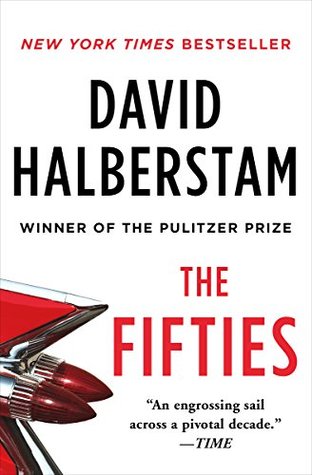More on this book
Community
Kindle Notes & Highlights
Benefactor of the common man Levitt might have been. But he liked to say that Thomas Jefferson made the greatest mistake in history by implying that all men were equal. They might be created equal, he would say, but they were not equal: Some were more talented, some compensated for lack of talent by working harder, and some were neither talented nor hardworking and that was where the union came in. The job of the union, he insisted, could be reduced to a simple idea: the protection of the slowest and least efficient worker.
“I have never worshiped money and I never worked for money. I worked for pride and accomplishment. Money can become a nuisance. It’s a hell of a lot more fun chasin’ it than gettin’ it. The fun is in the race.”
There in eerie half-light, looking at millions of small frosty screens, people sat as if charmed. For days on end and into the nights they watched with complete absorption ...
Television changed the relationship of the nation with its politicians: Where once the President had been a distant figure few Americans had ever seen and whose voice, even during the radio era, was rarely heard, television brought him into the home. At such close range there was a danger the President would lose the illusion of heroic proportions that distance created.
He has enemies. Whenever you attack subversives of any kind, Communists, Fascists, even the Ku Klux Klan, you are going to be the victim of the most extremely vicious criticism that can be made.”


